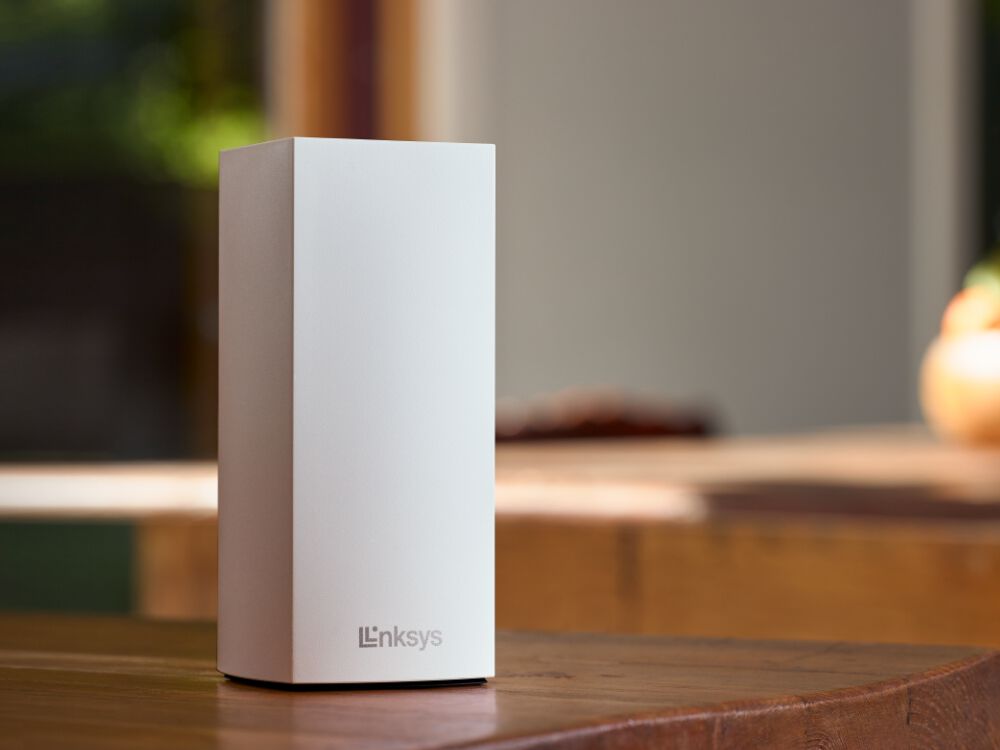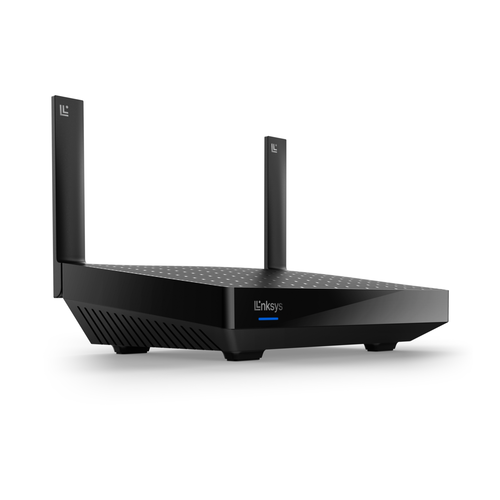Shopping Guide: How to Find the Best Wireless or WiFi Router For Your Needs

If you have Internet at home you most likely have an Internet router, also known as a WiFi router. Simply defined, a router is a networking device that forwards data packets between computer networks. Think of it as a device that performs the traffic directions on the Internet that reaches your home.
However, with so many router options on the market, the shopping process can be confusing. What are the different types of routers available? What are some of the criteria to consider?
This WiFi Router Buying Guide provides insights on the various routers, what they're ideal or not well-suited for, challenges faced, and evaluation criteria when shopping for a router.
Is Your Wireless or WiFi Router Giving You Trouble?
Maybe your Internet provider gave or is allowing you to rent an Internet router. But your household, like many other homes, is facing some growing challenges. For example, you may not like the WiFi router, also referred to as a wireless router, provided, the speed is too slow, there is not enough bandwidth, or you still have wires/cables and want to crossover to WiFi. Today, with so many connected devices in the household, the demands on a home Internet router are changing.
Types of Routers
Traditional Router
A traditional router is a stand-alone device that uses proprietary software. Traditional routers use single-user MIMO technology, which means that the router shoots WiFi to one device at a time.
As an example, you want to use the Internet for a video call when somebody is your home wants to stream a movie online. The single-user technology router, the devices must wait until the router can send them data. This lag or delay is referred to as “buffering".
MU-MIMO Routers
These routers can send WiFi to multiple devices at once and at the same speed. This type of router is ideal for a household with many connected devices and users who are simultaneously streaming or gaming on multiple devices. Most modern WiFi routers and systems come equipped with MU-MIMO technology.
View MU-MIMO WiFi routers here.
Mesh WiFi Routers
A mesh router is a main router that connects directly to your modem. From this main router, a series of modules or interconnected nodes are placed around your house for full WiFi coverage. Imagine a “mesh" or “web" of WiFi that is spread out through your home.
View Mesh WiFi Routers and systems here.
WiFi Range Extender
A WiFi range extender, or WiFi booster, helps expand the reach of your WiFi. This device is often situated in between a base router and the device/area that is not close enough to receive adequate WiFi service.
What to Consider When Shopping for a Router
Now that you're well-versed on the various types of routers and their benefits, here are somethings to consider when evaluating routers:
List How Many Devices Will Connect
What's your home or office internet consumption like? Will it change? Figure out how many devices you will connect to the router, which ones are priorities, and determine if you will be using multiple devices to connect to the Internet at the same time.
Determine Your Budget
Set a budget on how much maximum you are willing to spend. The cheapest solution may not always be the most adequate. Also, the most expensive routers, depending on your needs, may also be too much for your needs.
Purchase A WiFi Router That Is At Least Dual-Band
Dual-band means the router can broadcast the WiFi signal on two frequencies; tri-band has three. With a multi-band router, you can set up multiple WiFi networks in your home or office space with different passwords.
Consider The Speed And Range
It's easy to choose the fastest router you can afford, but realize that your router can hit that top speed depending on your Internet connection. Find out how fast your Internet provider can supply you and then use that before you decide on a router's speed.
As for range, determine how far you need your WiFi to go and the range of the router. It's wise to consider purchasing a mesh WiFi system or extenders if your router has trouble reaching all areas where you need WiFi coverage.
Gain More Control
This can mean control of security, i.e. who is allowed to use the WiFi network, separate passwords, etc. With a home WiFi network, you want to make sure your private information stays safe and secure.
Consider routers that offer app-based control and management, which can help you manage your home WiFi from anywhere. Apps make managing your WiFi easier and can alert you if something requires your immediate attention.
Facilitates Easy Setup
Select a router that strikes the right balance between innovative technology and intuitive user-experience. You want to be able to easily set up, manage and maintain your router.
Which WiFi Router Is Right for You?
Now that you've read all about the types of routers and what to consider when shopping for one, it's your turn to decide which router best suits your needs. Remember that not one router fits all households and that you should really think about what your specific WiFi needs before making a purchase. To learn more about WiFi and wireless routers, check out some of these related articles:



